Bad Brake Pads – Spot the Signs and Fix Them Fast
If you’ve heard a squeal when you brake or feel the pedal getting soft, your brake pads might be on the way out. Bad brake pads don’t just make annoying noise – they can slow your stop distance and put extra strain on rotors. The good news? You can catch the problem early and avoid costly repairs.
How to Spot Bad Brake Pads
First, listen. A high‑pitched squeal that fades in and out usually means the wear indicator is touching the rotor. A low grinding sound? That’s metal on metal – your pads are gone and the rotor is hurting.
Second, feel the pedal. A soft, spongy pedal that sinks to the floor signals that the pads have thinned and the caliper isn’t pulling the pads tight enough. Pull the wheel and look through the spokes – you should see at least a quarter‑inch of pad material left. Anything less, replace them.
Third, watch for vibration. If the car shakes when you brake, the pad wear may be uneven, or the rotor could be warped from heat. A quick test is to press the brake while the car is stationary; if the pedal vibrates, you need a professional check.
What to Do When They’re Bad
Don’t wait for a complete failure. Replace pads as soon as you notice wear. Most standard brake pads cost between £50‑£100 per axle, and a fitting takes about an hour. If you’re on a budget, look for a reputable brand that offers a good mix of performance and durability – you don’t need the most expensive, just the right fit for your car.
Consider a full service at a local tyre centre. Northwich Tyres Centre can inspect pads, rotors, and calipers in one go. They’ll also check brake fluid levels and bleed the system if needed, which keeps the whole braking system in sync.
If you’re handy, you can swap pads yourself. You’ll need a jack, lug wrench, caliper piston tool, and a clean workspace. Remove the wheel, unbolt the caliper, compress the piston, slide out the old pads, and install the new ones. Tighten everything to the manufacturer’s torque specs and pump the brake pedal a few times before you drive off.
After replacement, do a short test drive. Brake gently at low speed, then harder at about 30 mph. Feel for a firm pedal and listen for any lingering squeal. If the noise persists, the wear indicator might be touching a new pad – that’s normal for a few miles. If it’s a grinding sound, something else is wrong and you should have a professional look.
Remember, good brakes are a safety issue, not just a maintenance item. Spotting bad brake pads early saves you money, time, and keeps you and your passengers safe on the road.
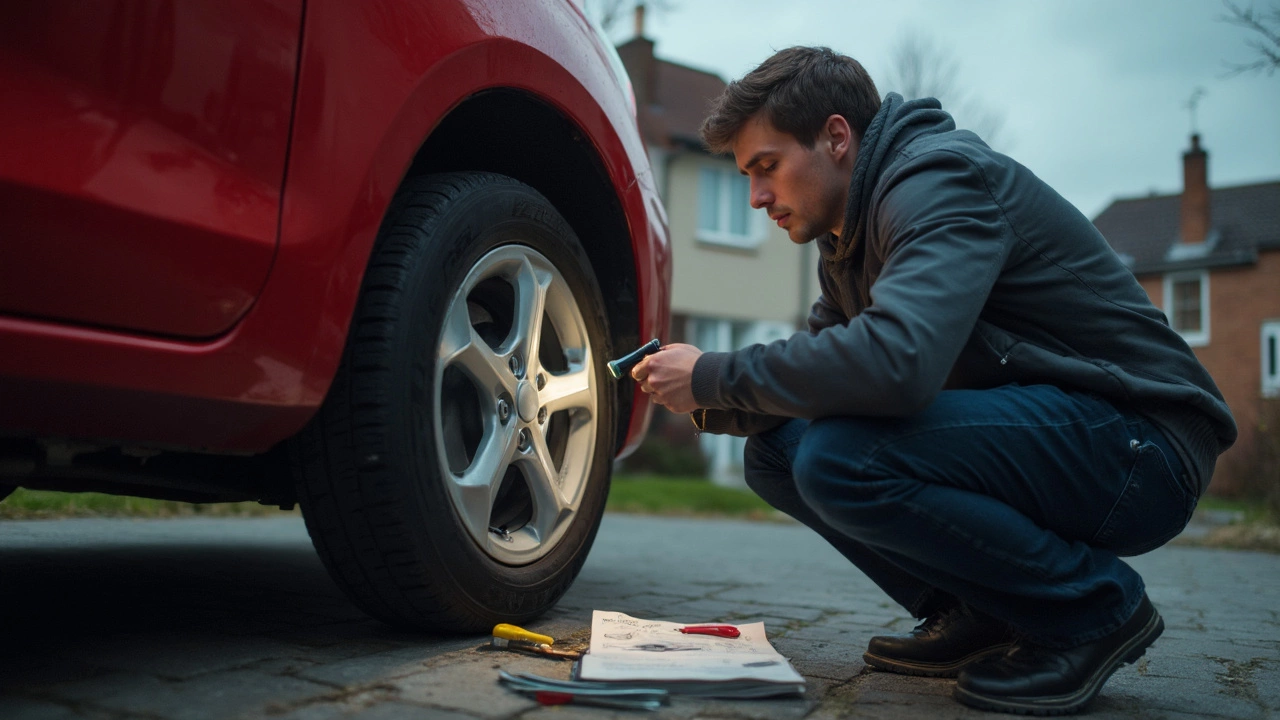 8 June 2025
8 June 2025
Brake Pads: How to Tell If They're Bad
Knowing when brake pads are bad can save you from scary moments on the road and expensive repairs. This article breaks down the warning signs that your brake pads need attention. You'll find out what noises, vibrations, and changes in brake feel really mean. We'll talk about why ignoring worn pads is risky and how to check them yourself. The tips here can help keep your ride safe and smooth.
Latest Posts
Tags
- car maintenance
- engine oil
- spark plugs
- brake pads
- engine performance
- vehicle maintenance
- spark plug replacement
- windshield wipers
- fuel pump
- suspension parts
- clutch replacement
- clutch kit
- car performance
- oil change
- air filters
- car suspension
- car radiator
- exhaust systems
- engine misfire
- fuel pump failure


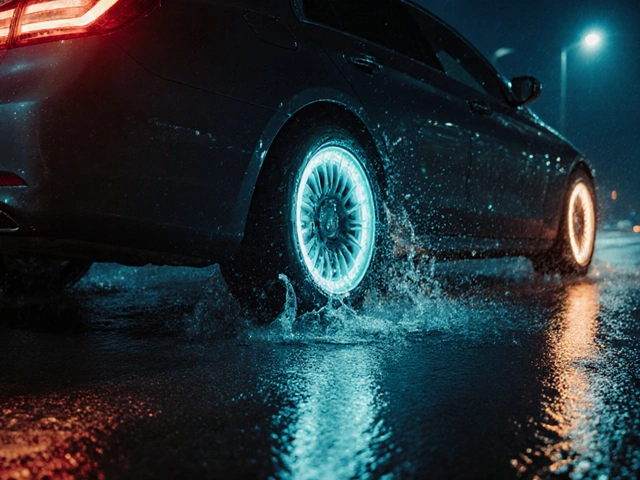
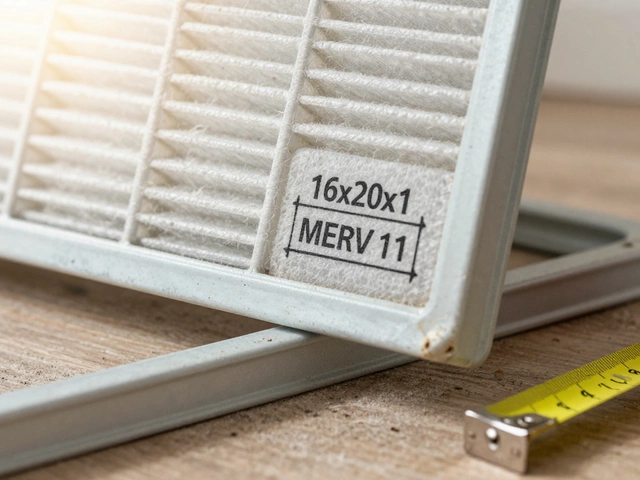
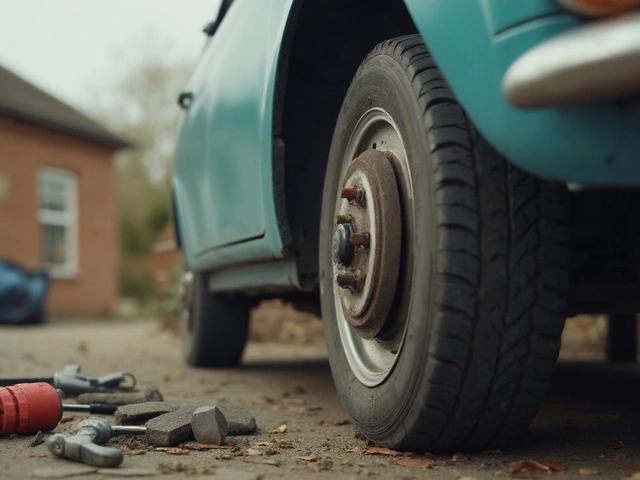
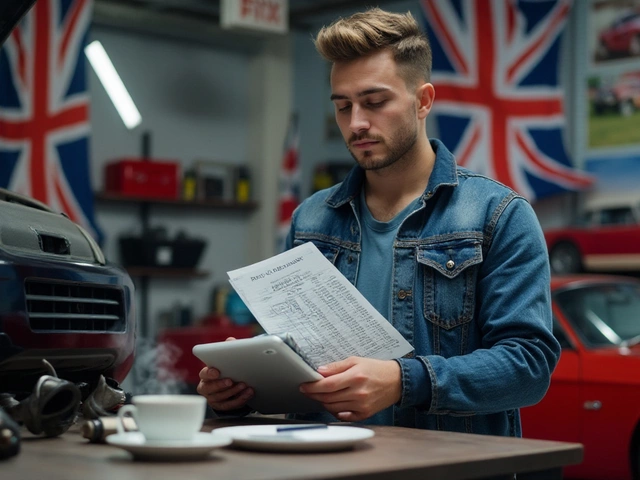
0